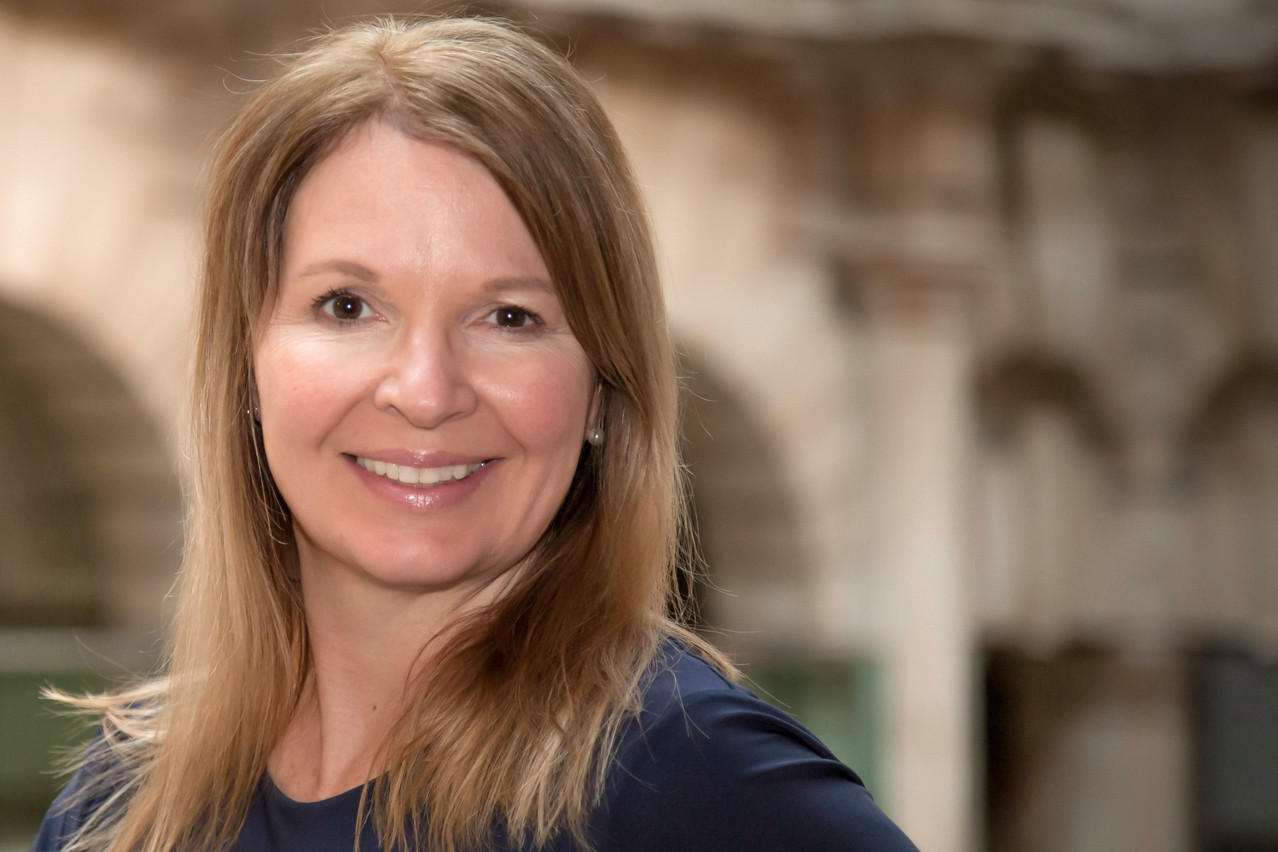Lydia Linna: Diversity is a term that seems to get thrown around quite a bit, from politics to finance to cinema. What does diversity mean to you?
Rachel Treece: The most important part of diversity, ultimately, is diversity of thought. Because when we have diversity of thought, ultimately, that helps bring in a broad range of perspectives.
When we have different perspectives, that can really foster innovation. If we have diverse teams, they can reflect a broader customer base. Diverse workforces can help improve decision-making processes, they can help with risk management and they can help with overall firm performance.
Diversity and inclusion are both really important terms for the sustainable performance of our industry.
Diversity is a broad term, but I’m passionate about sustainable performance, in, particularly, the financial services industry, and in particular, the fund industry, which is where I started my own career. Diversity and inclusion are both really important terms for the sustainable performance of our industry.
You previously worked in the global financial services sector. Why is it so important to have diversity in finance, and, more specifically, in the fund industry?
The financial services industry, the funds industry, is in service of a diverse population. It’s not just for the wealthy. It is in service of gen Z, it services people like my mum and dad, it’s in service of supporting organisations across this planet, who will then help with employment of people across the world.
So the financial services industry, and the funds industry, is a really important industry. It’s the backbone of our society, in my opinion. And I think it’s fantastic that Clearstream are organising this particular conference, being really forward-thinking, and helping to harness the collective of this great and important industry in service of trying to make it better and more sustainable.
There’s the risk of having a token woman or person of colour on a board of directors or amongst a firm’s management, just to say that the board or company is diverse. How can companies avoid making people into a token diversity presence? And how would you recommend promoting and encouraging diversity in the financial sector?
I’ve myself worked with boards, and fund industry boards, where--on paper--they look beautifully diverse. However, the diversity of thought, perhaps, from that board is not totally diverse in nature, because you may have many people who have been educated in the same system, and they all, for example, come from accounting backgrounds, let’s say. So it could look on paper that it’s diverse, but it perhaps isn’t.
You’ve got to really embed diversity and inclusion into the core values of an organisation
For me, to avoid this form of tokenism, you’ve got to really embed diversity and inclusion into the core values of an organisation. It means going beyond numbers. It means really creating an environment where employees and people in those organisations--they feel heard, have equal opportunities to grow. It involves lots of training, it involves awareness and it means ensuring diversity in decision-making roles.
Together with Pips Bunce from Credit Suisse, you’ll have a conversation on diversity during the conference. Without any spoilers, could you give us a sneak peek as to what you plan to discuss?
Pips Bunce is one of the most gracious, incredible leaders who goes out of her way to promote allyship in the funds and financial services industry. To be able to interview her is a real honour.…
My job is to really create a safe space in that environment [during the conference]--where, you know, there also should be some fun, and some humour--and for me to get permission to ask those people in the audience, to harness that collective, so that they really feel part of helping drive forward what this means for the fund industry in the future. So my job is really facilitating a powerful conversation.
Besides the discussion on diversity, other sessions at the Clearstream Fund Summit on 12 October will cover the future of Ucits funds, digital assets in Luxembourg, data and regulations, the European long-term investment fund (Eltif) and artificial intelligence and private assets.
This article was published for the Delano Finance newsletter, the weekly source for financial news in Luxembourg. .


